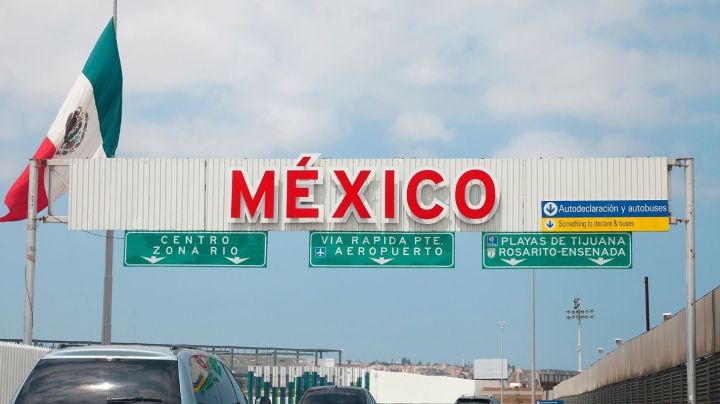New California Law Makes College More Affordable for Students in Mexico — Here’s How

Credit: stellalevi/Getty Images
California Governor Gavin Newsom has signed a new law giving some Mexican residents and citizens living close to the border the opportunity to pay in-state tuition to go to college.
Assembly Bill 91 will give low-income Mexicans living within 45 miles of the Mexico-California border a “nonresident fee exemption.” Access to the exemption will be offered to 150 students at each of the community colleges that are participating in the program.
“There are students who might actually be U.S. citizens but happen to be living in the Baja region because of the cost of living,” sponsor Assemblymember David Alvarez told the Los Angeles Times. “So, there are some students who find themselves in that situation who don’t have a California residence because families can’t afford to live here.”
The new law was inspired by three other border states that have laws in the books, including the one that has been active in Texas for decades.

Agustin Guzman, a senior at Texas A&M International University, who lives in Nuevo Laredo, Mexico, has taken advantage of the state’s waiver. He will soon add his name to the list of 70,000 students from Mexico who have graduated from the Texas program.
“At some point, I stopped believing I could go to college,” said Guzman. “But now, I tell people that I cross every day – that I do three hours on the bridge just to get a college education.”
California’s pilot program will last until July 2029. According to the Times, community colleges in California are currently experiencing an all-time low in enrollment. For Jessica Robinson, president of Cuyamaca College in Rancho San Diego, working with students who live bi-nationally is a more important reason to institute the new law than increasing numbers.

“Investing in our Latinx population is critical for reversing the challenging workforce shortage we have, not only in San Diego but in our state,” Robinson said. “The Latinx people are really integrative to the economy.”